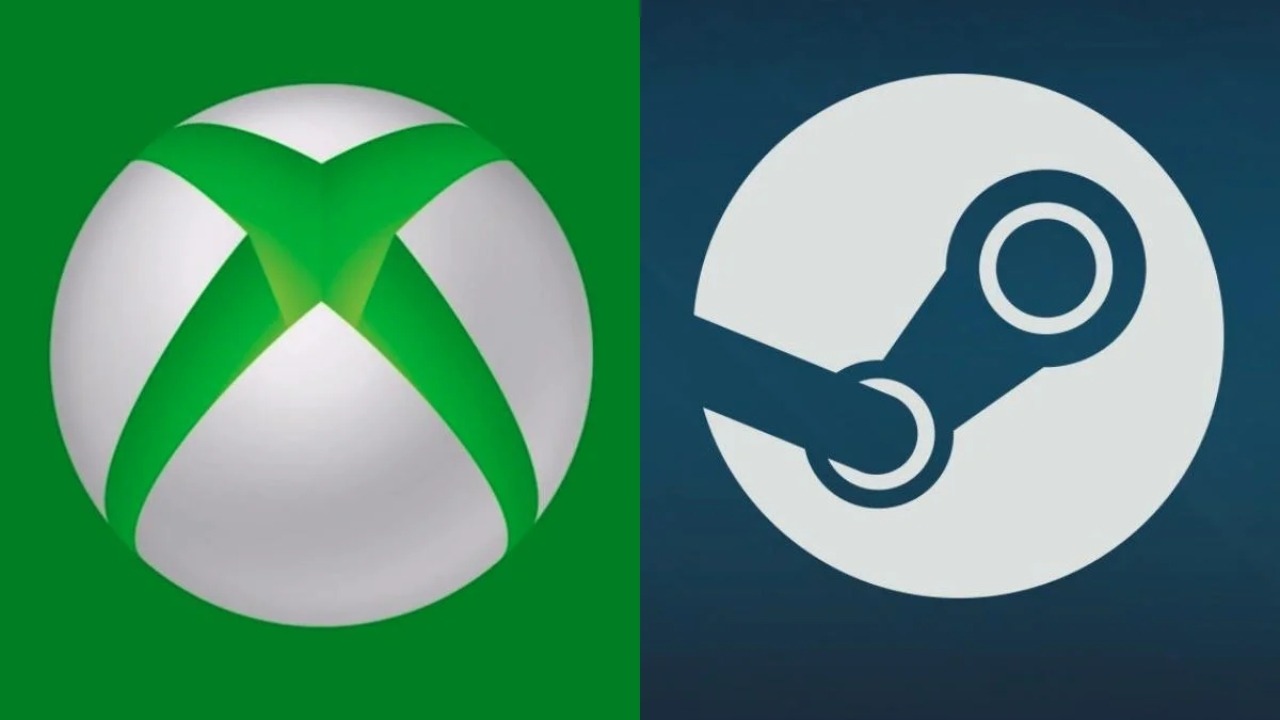Microsoft is rolling out a feature that many gamers have been waiting for: cross-save support between Xbox and Steam. The new system is powered by PlayFab, a platform already used by developers to launch and manage multiplayer games. With this update, Microsoft is taking aim at one of the biggest quality-of-life issues in modern gaming—keeping progress synced across platforms.
For years, cross-progression has been a dream that only a handful of games managed to deliver. Titles like Hades and Final Fantasy XIV proved it was possible, but for most developers, the complexity and cost of maintaining synchronized builds across multiple platforms made it unfeasible. Microsoft now hopes that PlayFab can lower those barriers and make cross-save more accessible for everyone.
How PlayFab Cross-Save Works
The service works by linking progress directly to the game itself, rather than to a single device or platform. This means your save file isn’t locked to an Xbox console or to Steam—it lives in the cloud and can be pulled down on any supported device. If you start a campaign on your Xbox and later switch to your PC, you can continue exactly where you left off.
Another highlight is offline support. If you play without an internet connection, your progress is stored locally and automatically synced the moment you reconnect. Microsoft has also added safeguards against corrupted saves, ensuring that players can restore files if something goes wrong. For gamers, this means a much smoother and more reliable experience overall.
Why This Matters for Players
Cross-save may sound like a small technical feature, but for players it can be transformative. Being able to move seamlessly between platforms eliminates one of the biggest frustrations in gaming: losing progress when you switch devices. It also makes multi-platform ownership more appealing, since you’re no longer forced to stick with one system just to keep your save files intact.
On a broader level, this feature could help unify communities across platforms. Friends who own different versions of the same game will have fewer barriers to playing together, and developers can focus more on delivering new content rather than building workarounds for fragmented progress.
Handheld Gaming Could Benefit Most
The timing of Microsoft’s announcement is notable. With the ASUS ROG Ally Xbox Edition preparing to launch, handheld gaming could be the biggest winner here. Since the ROG Ally will support both Xbox and Steam games, the ability to sync saves across those ecosystems could allow players to start a game on their console at home and pick it up seamlessly on their handheld device while traveling.
There is still one catch: unless the game is part of Microsoft’s Play Anywhere program, you may need to purchase a separate copy on each platform to take advantage of cross-save. While that’s not ideal, many see it as a step in the right direction, especially as the industry moves toward greater interoperability between ecosystems.
Built-In Protections for Developers
For developers, Microsoft’s approach is just as significant. PlayFab’s tools not only manage the syncing process but also help maintain consistency across builds and protect against data loss. This reduces the burden of implementing cross-progression manually, which is often expensive and time-consuming. Smaller studios, in particular, could benefit from these ready-made solutions.
- Save protection: Tools to detect and recover corrupted save files.
- Consistent progress: Synchronization across offline and online play.
- Multi-platform support: Works across Xbox, Steam, and select PC storefronts.
Looking Toward the Future
Cross-save is only one piece of Microsoft’s broader vision. Recently, the company also introduced cross-device play history, which syncs data across Xbox consoles, the PC app, and even the mobile app. Together, these features point toward a future where the line between platforms matters less and the player experience takes center stage.
If PlayFab succeeds in making cross-save easy to implement, we could see many more games adopting it in the coming years. That would mean greater freedom for players, stronger communities across ecosystems, and a smoother gaming experience overall.
At the end of the day, Microsoft’s cross-save service isn’t just about convenience—it’s about reshaping how we think of progress in gaming. Your adventure shouldn’t be tied to one device, and thanks to PlayFab, it may not have to be anymore.

